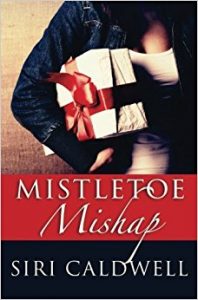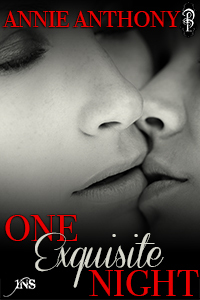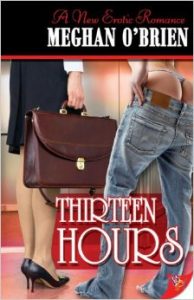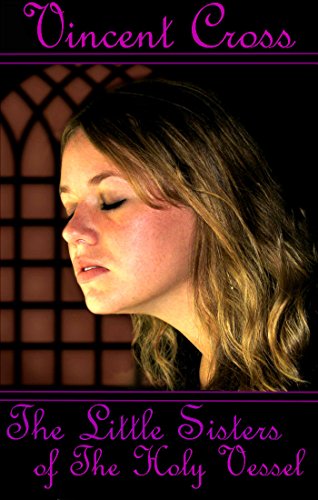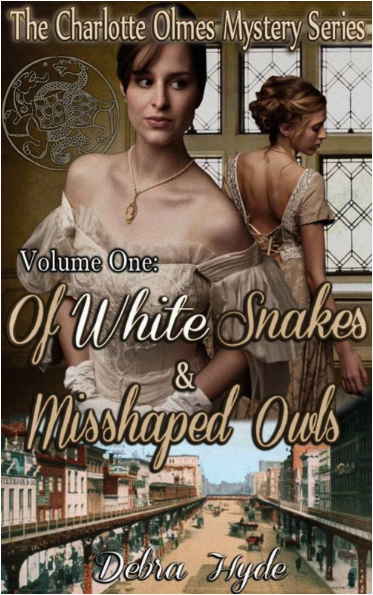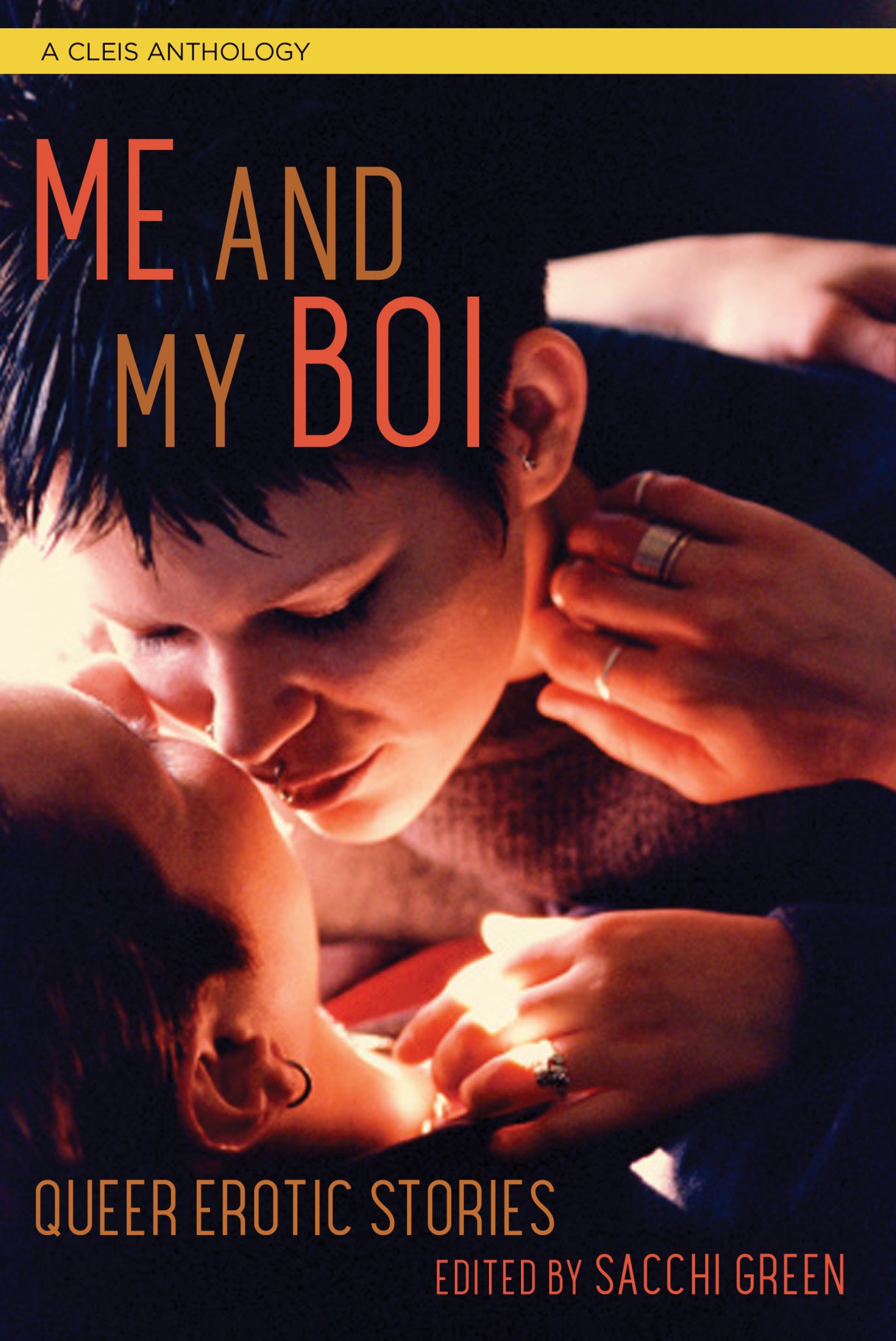For science professors Kendra and Viv, winter vacation means catching up on paperwork and maybe squeezing in research, too. They’re a long-term couple with a wonderful rhythm, but romance gets buried beneath the layers of routine. Long hours dedicated to the geology and immunology departments at the university plus professional obligations equals short evenings at home. En route to the university one morning, a radio personality fields comments from callers offering advice to a woman interested in pausing her sex life in the months leading up to her wedding. Inspired, Kendra proposes a twelve days of Christmas-style contest as a way of turning around their stagnant sex life. Whoever can make the other orgasm the most by the end of the contest is the winner. Siri Caldwell weaves a satisfying mixture of sugar and spice, wonderful character chemistry, and relatable intimacy fluctuations. I appreciate that neither woman is portrayed as being the “ideal”, as far as sexual expression. It’s an oft written formula that one partner needs to be “fixed” or “brought up to speed” in order for Happy Ever After. Viv isn’t publicly demonstrative with affection, while Kendra, though not Ms. Octopus hands, is a bit more so. When they’re at home, well, it’s not for lack of passion that they’ve been in a dry spell.
Each chapter starts with the current score (i.e. Kendra 0, Viv 0). Chapter beginnings feel like opening Advent squares, the anticipation of what treat awaits adds to the festive atmosphere, though neither woman is particularly religious. Mathematical calculations, strategizing, and other shenanigans add humor as Kendra and Viv establish parameters, and scope out tryst locations. Sex is a large part of the story’s focus, but it’s not the only component of their partnership that the two women explore. For anyone who is or has been in a long-term relationship, physical and emotional aspects ebb and flow over time. The story stays outside of first person point-of-view territory, opting instead for third-person limited on Kendra’s side. As a result, the reader is privy to some of what Kendra is feeling, but much of the couple’s thoughts and feelings become clearer as they get to know each other again.
If you’re in the mood for a heartwarming, sexy holiday story, heat up some peppermint hot chocolate and curl up with Mistletoe Mishap.

